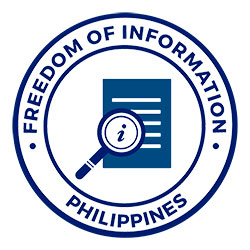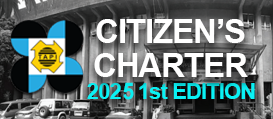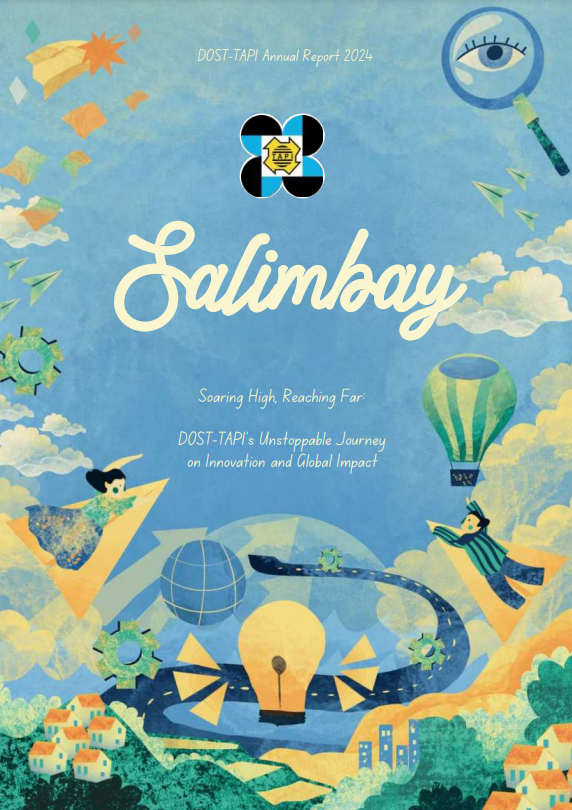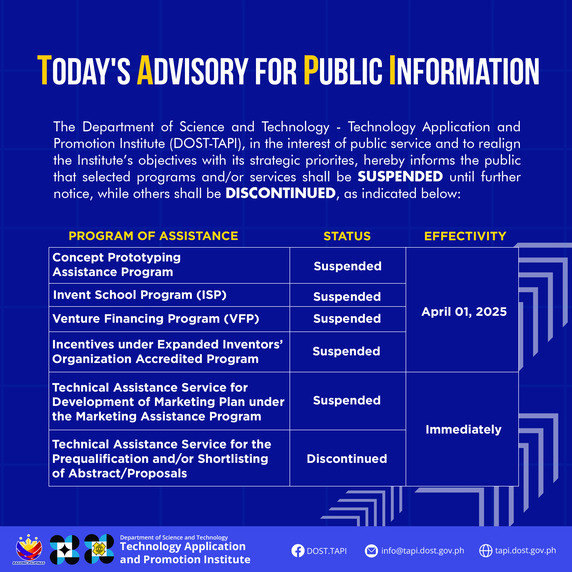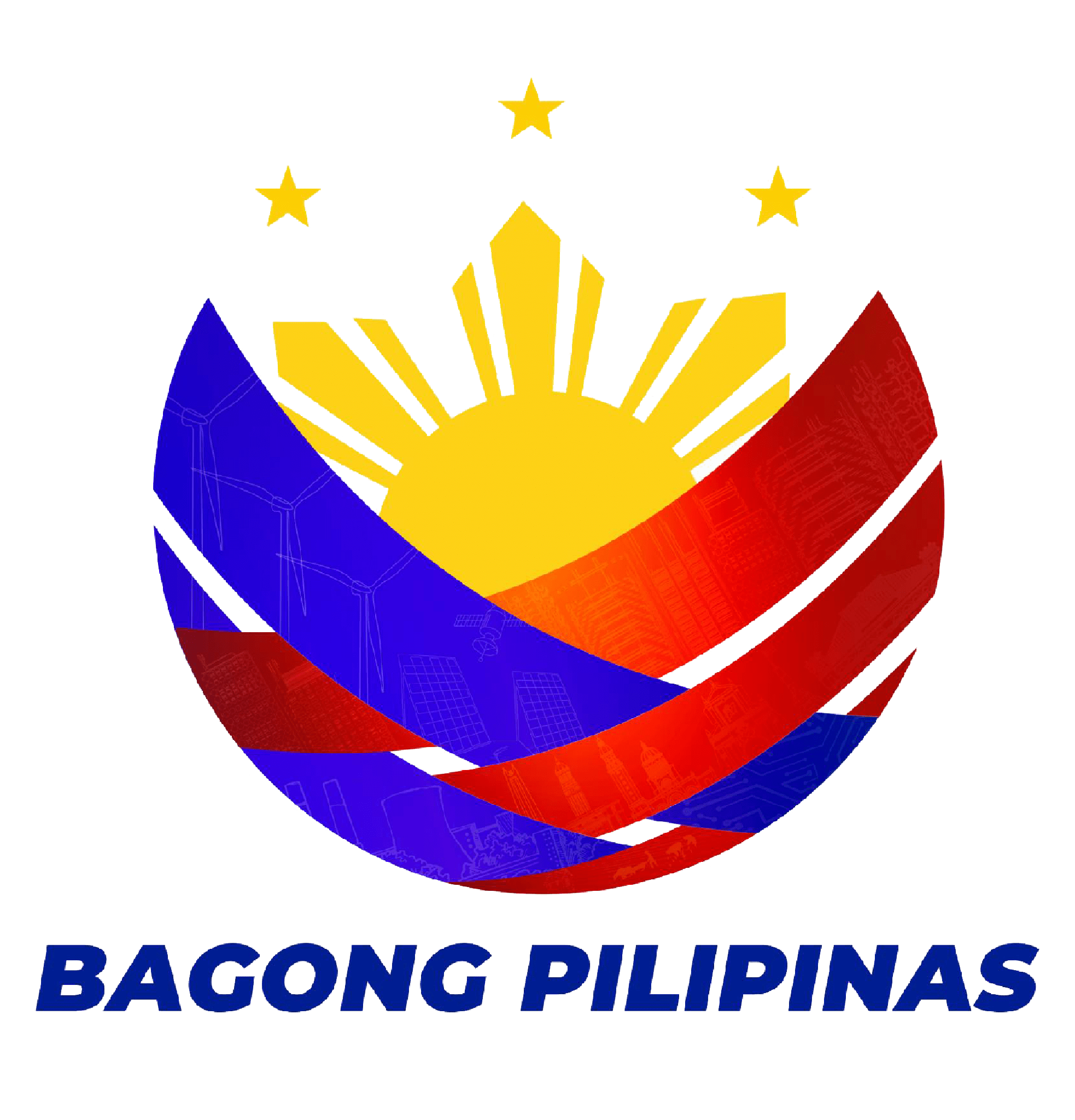- Details
By Mirielle Vacal
Geneva, Switzerland - Filipino inventors, represented by the Department of Science and Technology - Technology Application and Promotion Institute (DOST-TAPI), have achieved significant success at the 50th International Exhibition of Inventions Geneva (IEIG), held from April 09 to 13, 2025, securing multiple prestigious awards.
The Philippine delegation showcased remarkable achievements, bringing home one Gold, three Silver, and one Bronze medal for their innovative technologies. This accomplishment highlights the Philippines’ growing strength in developing solutions for global challenges.
- Details
By Jules Philip Tillay
The Department of Science and Technology-Technology Application and Promotion Institute (DOST-TAPI) is expected to participate in the International Exhibition of Inventions Geneva (IEIG), Switzerland on April 9-13, 2025.
The agency will be leading the Philippine delegation in the exposition of six unique technologies developed by Filipino startup companies and DOST institutes namely:


